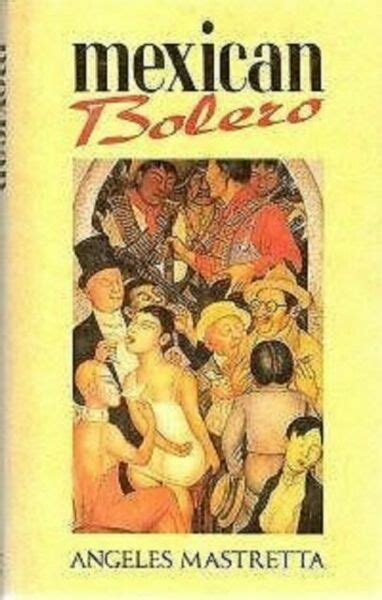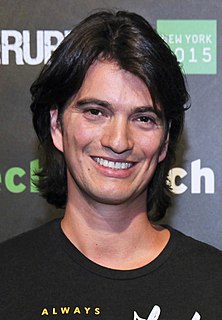A Quote by Nikki Haley
What I'm trying to bring attention to is that human rights is a big important part of how to prevent conflict in the first place if we focus on how the governments are treating their people.
Related Quotes
I think that some of today's focus on freedom of information and trans rights have a tendency to focus on the actions of individuals and how they should be regulated by governments. However, I think it's important to remember that it is the institutions themselves - schools, tax collection services, banks, human resources decisions, health departments, police departments, prosecutors, courts, and prisons - where the most devastating and systemic problems occur today. The scale of these problems is simply unimaginable.
It was tricky [to write about Israelis], because everyone has an opinion about the Arab - Israeli conflict, and when I first started writing these stories, I was working for an Arab - Israeli human rights group. It was during the Second Intifada. It was this totally violent and intense time, and I think there's a part of me where I don't know how to write about that situation without getting my politics out of my messages, and that's something that was important for me not to do in this book.
There's this big debate that goes on in America about what rights are: Civil rights, human rights, what they are? it's an artificial debate. Because everybody has rights. Everybody has rights - I don't care who you are, what you do, where you come from, how you were born, what your race or creed or color is. You have rights. Everybody's got rights.
Look, you are interested in trying to make sure that governments keep a clean environment, have regard for the lifestyles of indigenous peoples, and work for fair trade rules. Well, it's exactly the same for human rights - from non-discrimination to the basic rights to food, safe water, education and health care. We are talking rights not needs. There are standards that governments have signed up to - but nobody is holding them to account.
A university is not, primarily, a place in which to learn how to make a living; it is a place in which to learn how to be more fully a human being, how to draw upon one's resources, how to discipline the mind and expand the imagination; how to make some sense out of the big world we will shortly be thrown into.
I believe that there is an important part of every human being that is defined in terms of their significant other: how we choose our partner, and how we behave when we are with them. And that is the part that interests me. How that part of the personality is forged doesn't just interest me, it fascinates me.
Governments have been ceding power to big multinational corporations in the market. We see the manifest in a variety of ways. Where governments are giving up power to big international institutions like the World Trade Organization or NAFTA, which are disabling governments' ability to protect the rights of their own people.
How prone all human institutions have been to decay; how subject the best-formed and most wisely organized governments have been to lose their check and totally dissolve; how difficult it has been for mankind, in all ages and countries, to preserve their dearest rights and best privileges, impelled as it were by an irresistible fate of despotism.

































